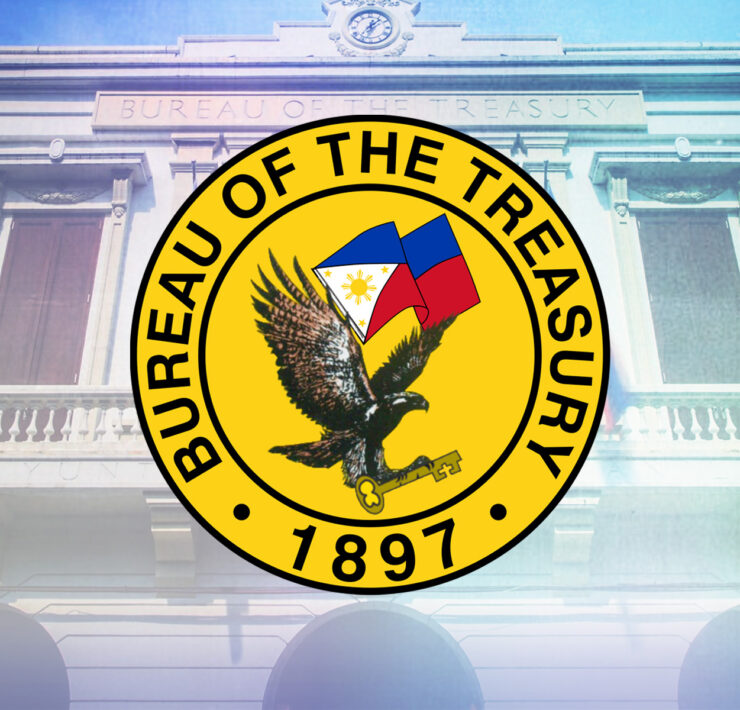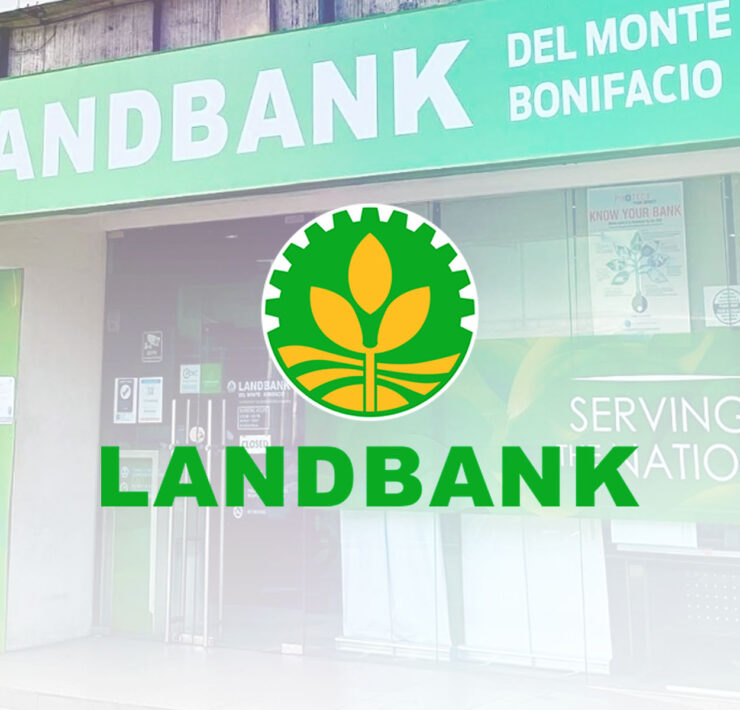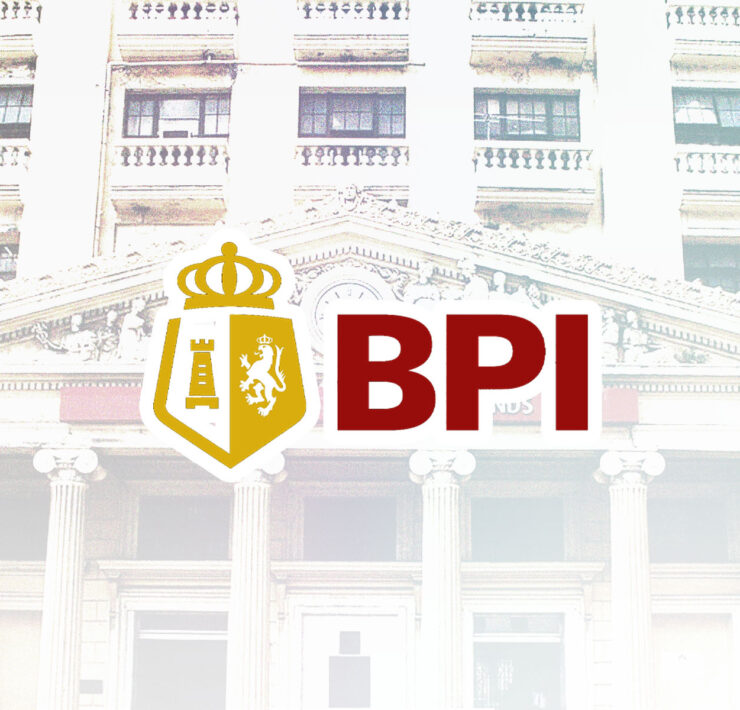Peso could get boost if PH returns to JP Morgan index

The potential return of the Philippines to the emerging markets bond index (EMBI) of investment bank JP Morgan Chase & Co. could give an additional boost to the peso via increased flows of less volatile foreign investments, analysts said.
Nicholas Mapa, chief economist at Metrobank, said the country could attract foreign capital that is “more sticky” given that investment houses that track the crucial index would be required to hold a fixed percentage of Philippine investment products.
”With funds ‘sticking around’ for as long as the Philippines remains in the index, this could also translate to a stronger peso as trading volatility is minimized to some extent,” Mapa said in a commentary.
”We believe the potential return of the Philippines to a bond index simply acts as a validation of the attractiveness of the country as an investment destination,” he added.
Last month, Finance Secretary Ralph Recto said the Philippines is working with JP Morgan for the re-inclusion of peso-denominated government bonds in the key debt gauge, which is closely monitored by global investors. The country was removed from the index in the past years due to declining liquidity.
Recto said rejoining the EMBI could make government bonds more visible to mammoth global funds and potentially attract $10 to $12 billion in fresh investments.
Meanwhile, analysts said that joining the debt gauge could also lower borrowing costs for the government. This would ease debt burden and allow the state to plug its budget deficit while allocating more funds to productive spending like infrastructure development and social programs for the poor.
Dutch financial giant ING Bank agreed that a potential return to the EMBI could power up the peso, which had been tracking the rallying Japanese yen amid a broadly weak US dollar.
”So far this year, the PHP has had one of the strongest coefficients with respect to changes in the JPY (Japanese yen), so we might anticipate further JPY gains to pull the PHP along faster than some of its regional peers,” ING Bank said, adding that it is “mildly bullish” on the local currency.





















